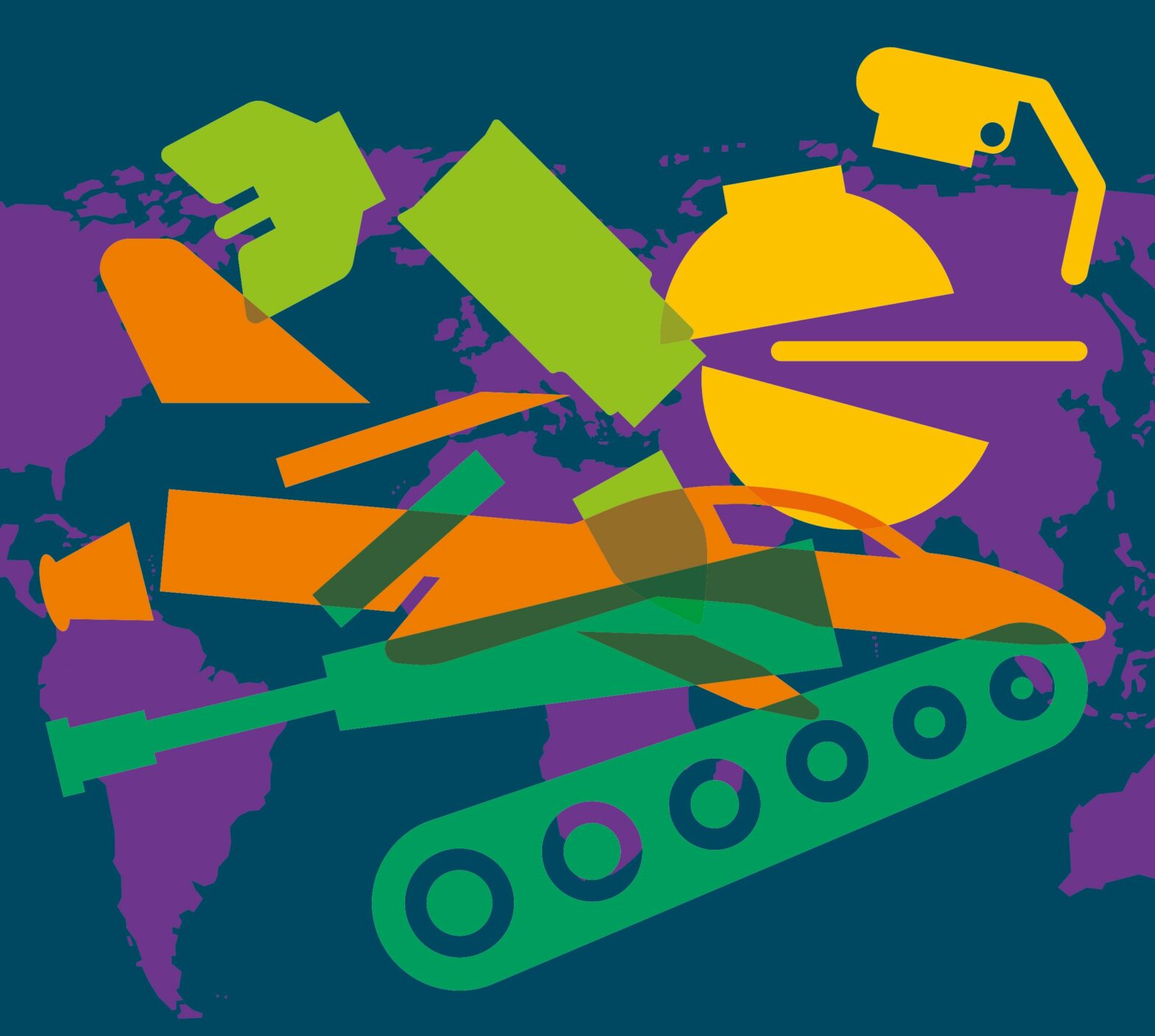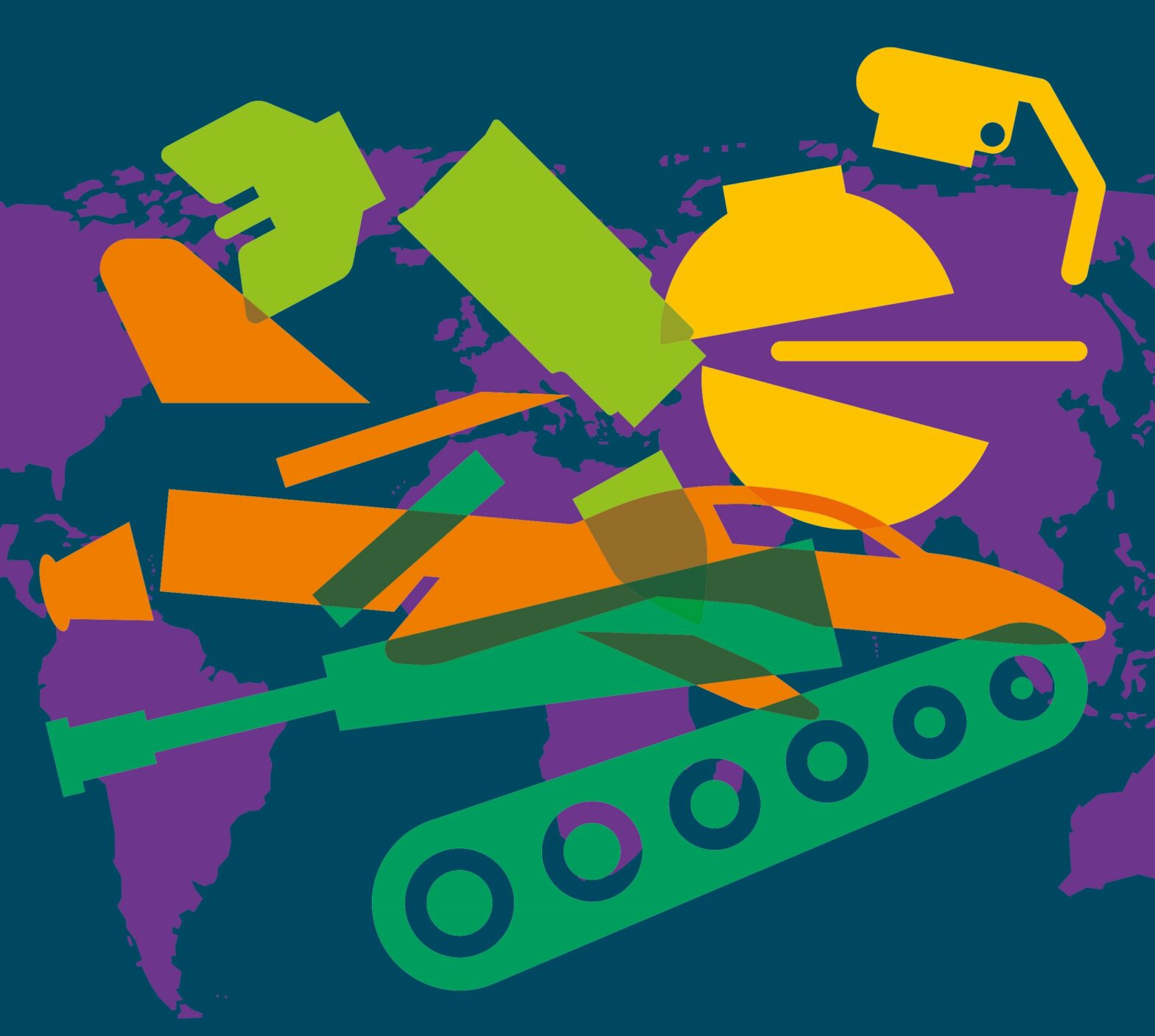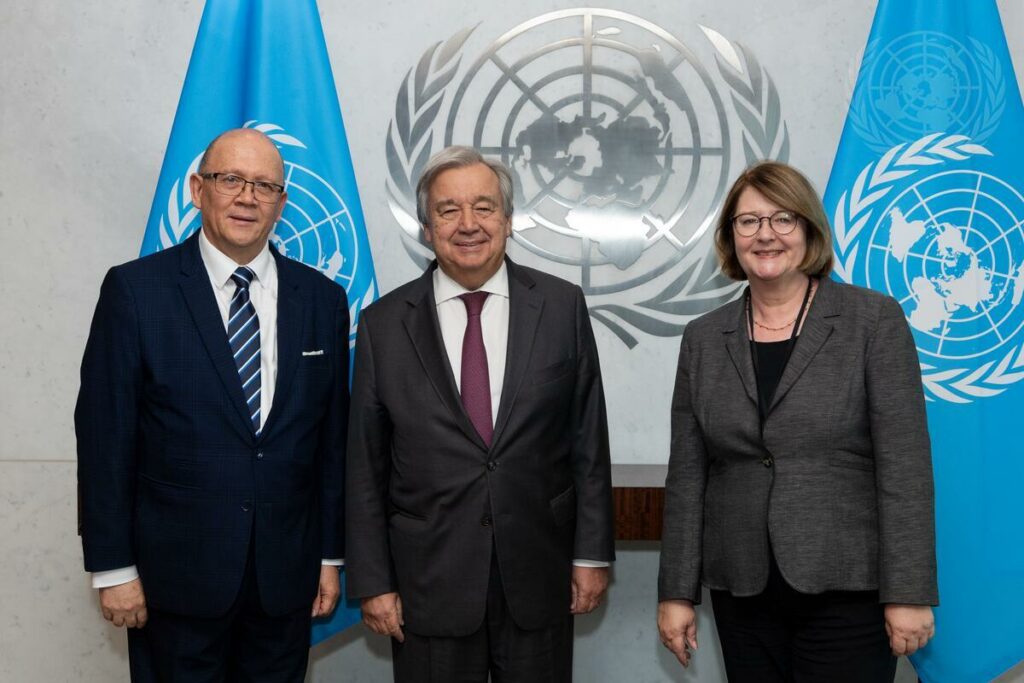Share Twitter Facebook Email Copy URL
An international agreement on business and human rights (“UN treaty”) in the sense of a feminist foreign and development policy
In spring 2023, guidelines for a feminist foreign and development policy were presented to the German Federal Cabinet. An international treaty on business and human rights, as negotiated in the United Nations (UN) Human Rights Council since 2014, would address the discriminatory global power structures and structural causes of global inequality and contribute to a systemic change in the sense of a feminist foreign and development policy. Women and marginalized groups are particularly affected by exploitative business practices in global value chains. The current draft agreement, also known as the “UN treaty”, focuses on the rights and protection of those affected by human rights violations in the business context and, unlike the German Supply Chain Act and the EU Corporate Sustainability Due Diligence Directive (CSDDD), takes gender justice into account comprehensively. The treaty would strengthen the rights, resources, and representation of women and marginalized groups in line with the 3-R approach.
On 1 March 2023, Germany’s Federal Minister for Foreign Affairs Annalena Baerbock and Federal for Economic Cooperation and Development Minister Svenja Schulze presented guidelines for a feminist foreign and development policy. The German government’s coalition agreement of 2021 already refers to the concept of “Feminist Foreign Policy”. Sweden was the first country to commit to a feminist foreign policy in 2014 under its Minister of Foreign Affairs Margot Wallström, and significantly shaped the concept. Both Germany’s feminist foreign policy and the feminist development policy guidelines are based on the assumption that societies are more peaceful, prosperous, and sustainable if everyone can participate equally in political, social, and economic life. In this context, the approaches are not only directed at women. The focus is on the realization of human rights for all. Existing power structures, discrimination in all forms and intersectional inequality are to be overcome and all marginalized groups protected and promoted. The two guidelines of the German Federal Ministry of Foreign Affairs (AA) and the Federal Ministry for Economic Cooperation and Development (BMZ) also follow the 3-R approach based on the Swedish model, according to which equal rights, representation, and resources of women and marginalized groups are to be promoted worldwide. The approach is to be applied at the various policy levels and includes gender budgeting. Both guidelines also mention the overcoming of racism and colonial structures and an equal partnership with the Global South as a goal. The BMZ goes even further, and describes the overcoming of patriarchy and classism as explicit goals.



